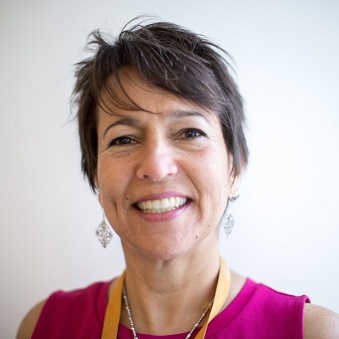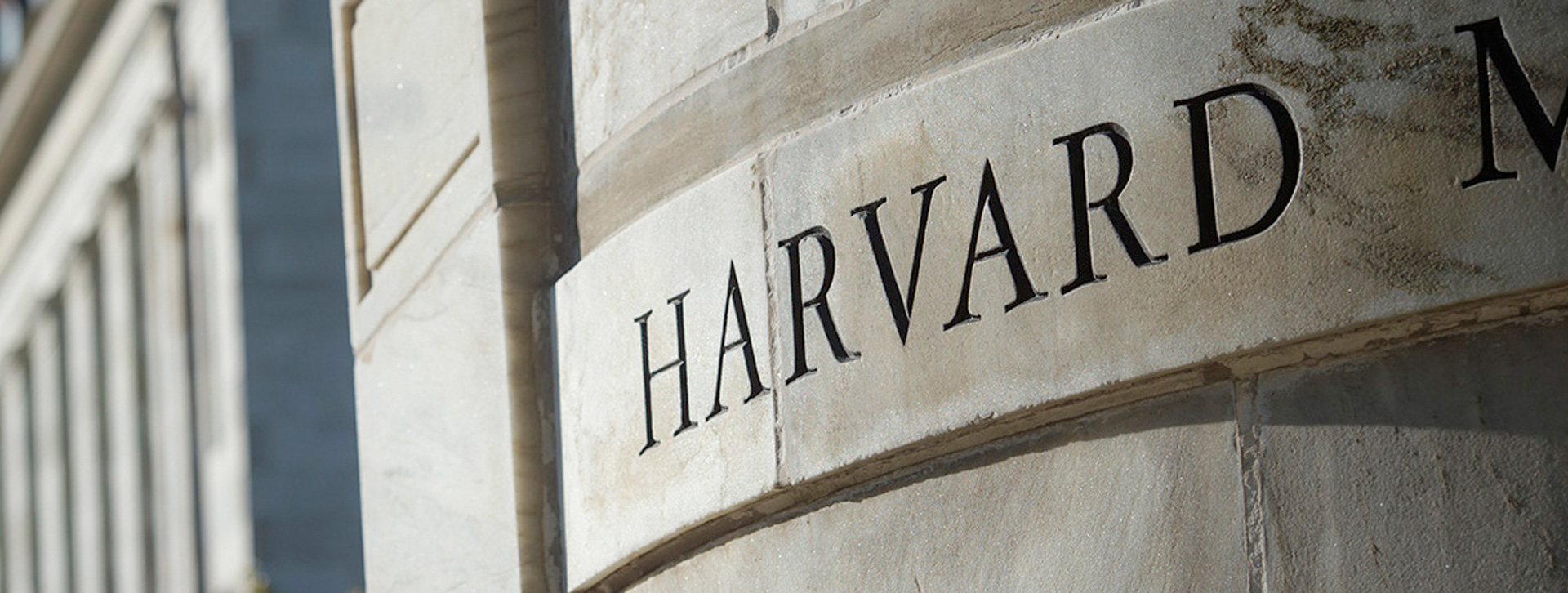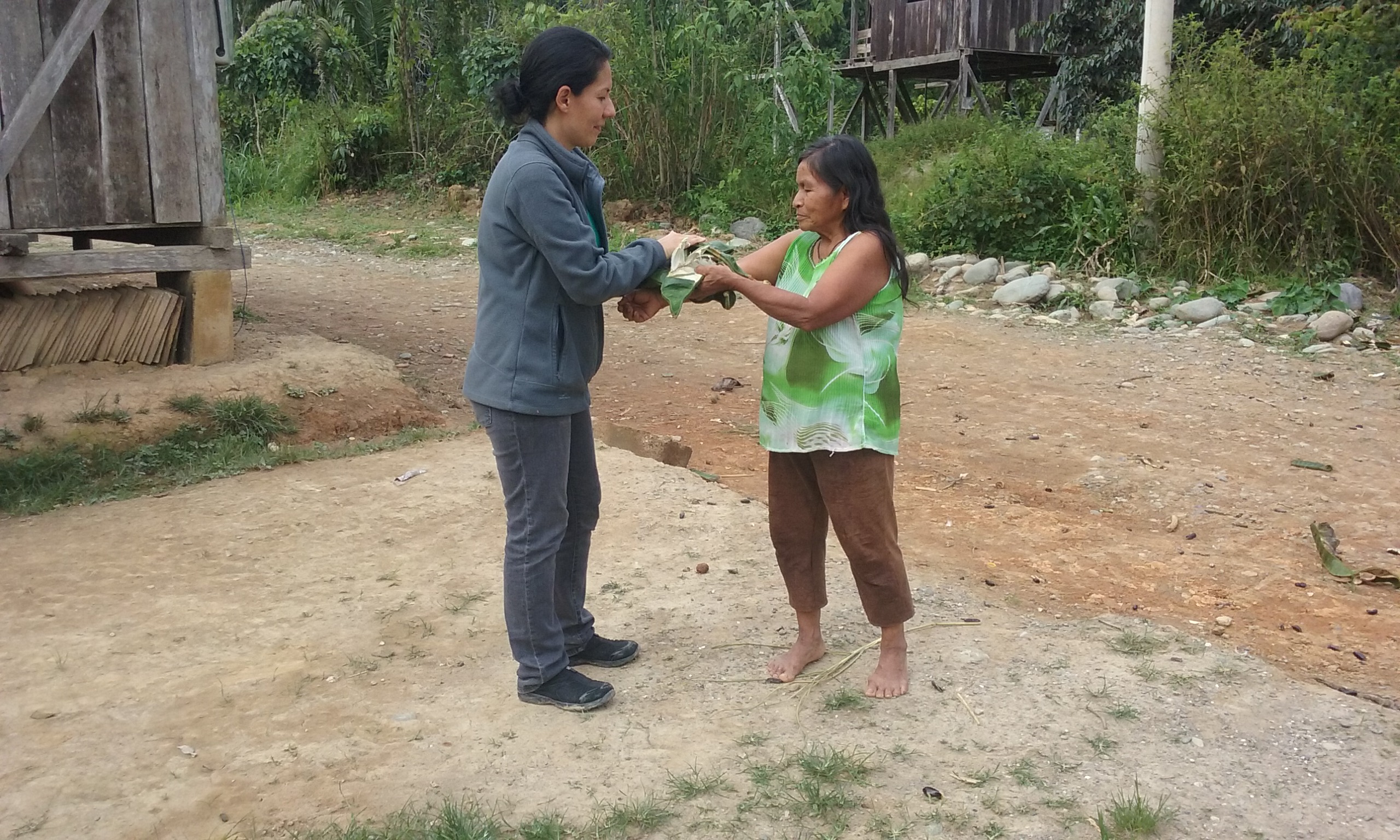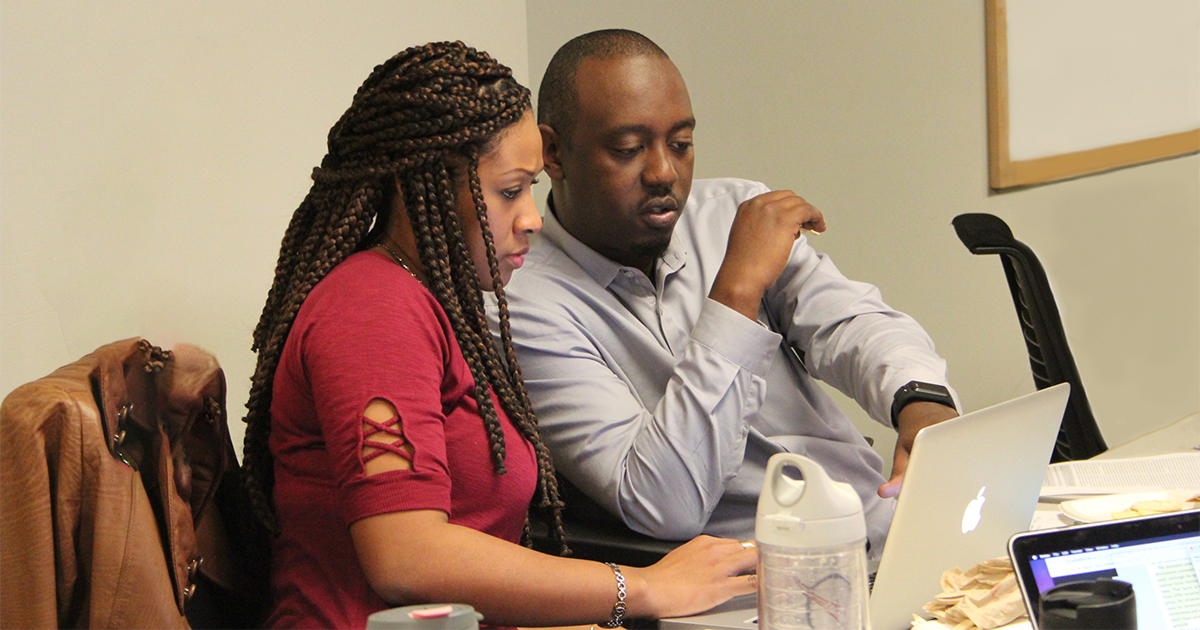Reflections from the Program Director

In January of 2010, after the tragic earthquake in Haiti, Dr. Paul Farmer and I met at the General Hospital in Port-au-Prince. We were surrounded by the collapsed structures of the National University of Haiti Medical School. Right behind the medical school were the ruins of the National University Nursing School, where more than 200 nursing students perished. Through tears, we looked at one another and said one word, “education.” We both recognized that to expand our efforts through Partners In Health and fully leverage the power of our academic partnership with Harvard Medical School, we needed to vastly expand the number of people capable of not only delivering health care to the world’s poorest people but also developing a new paradigm in scholar-activism. Educating this next generation of global health leaders became our principal plan to meet the challenges of disasters, pandemics, and the crushing weight of historical and present-day oppression. While we had long trained doctors, nurses, community health workers, and researchers, we knew that day that we needed to build a legion not only of practitioners of social medicine but of scholars. The acute injury on the chronic suffering of Haitians motivated Paul, me, and many others to increase our efforts to educate practitioners to be scholars that could examine the social roots of ill health and use this scholarship to deliver health care in a more just way. As the earth still trembled on that day in January, we knew our army was too small; we needed it to grow if we were to work toward attaining health as a human right for all.
That single word, education, and the ensuing conversations recommitted us to many existing efforts in global health at the Harvard Medical School Department of Global Health and Social Medicine, the Division of Global Health Equity at the Brigham and Women’s Hospital, and Partners In Health and catalyzed newer efforts in education. The first of these post-earthquake efforts was the Master of Medical Science in Global Health Delivery (MMSc-GHD). After eighteen months of considering what scholarship in Global Health Delivery should entail and how to truly capture the social, political, economic, and historical forces within a research-based master’s program, Harvard Medical School approved the MMSc-GHD program. We admitted the first cohort, and the program began in July of 2012. Ten years ago.
Our goal was simple: to find people who had a passion for social change in the delivery of health care and teach them how to be scholars of their own work. To shift the paradigm of who designs, implements, and interprets research to empower those with the closest proximity to the daily challenges of health care delivery. We knew that a social medicine approach must include rigorous methods to design, implement and evaluate programs using a broad array of tools: epidemiology and statistics, of course, but importantly, the re-socializing disciplines of history, political economy, anthropology, and sociology.
The program’s launch was timely. Global health, after all, had undergone unprecedented change at the turn of the 21st century when the global movement for HIV treatment, the drafting of the Millennium Development Goals, and the Jubilee Movement to relieve the debt burdens of impoverished countries led to calls for and the creation of new multilateral monies. The first decade of the millennium was marked by large-scale efforts to, at long last, deliver curative treatment to what Paul used to call “medical deserts”—places without modern medical care. The MMSc-GHD program, a two-year research degree, sought to develop the research capacities of the people struggling to deliver such care. MMSc-GHD students spend one year in Boston at the Department of Global Health and Social Medicine, six months conducting research in a resource-limited setting—often in their own community—and six months in Boston to analyze and write up their projects. We hoped that the program would serve as a launching pad for new voices and new scholarship in global health and social medicine. I believe, in these first 10 years, we have done just that. We have created a community of scholars from Columbia to Myanmar, from Haiti to Boston, from Swaziland to Indonesia, and beyond. And we will continue this work—Paul’s work—for many generations to come.
In the 10 years that I have had the honor of being the faculty director for the MMSc GHD program, we have graduated 8 cohorts of 75 students who have become global health delivery and social medicine champions in 30 countries. Their accomplishments are too numerous to count (“TNTC,” as Paul would say), but on this anniversary of the program launch, I want to highlight a few:
Fernet Léandre, MD, MMSc ’14, studied the importance of cash transfers and social support in achieving equitable outcomes in the earliest HIV treatment program in the developing world in his home country of Haiti. Of his many accomplishments, during the COVID-19 pandemic, Dr. Léandre was instrumental in the design, execution, and evaluation of a project with migrant farmworkers in Immokalee, Florida, to provide cash transfers and social support to decrease the spread of COVID-19 in this vulnerable community.
Jafet Arrieta, MD, MMSc ’15, DrPH, evaluated a standardized screening program for depression in rural Chiapas, Mexico. She completed her doctorate in public health and now works for the Institute of Health Care Improvement, where she leads quality improvement projects throughout the world.
Aneel Brar, MA, MMSc ’16, evaluated a maternal health program in the Mata Jai Kaur Maternal and Child Health Centre (MJK). He now serves as Executive Director of MJK and recently developed a gender-based violence prevention program as part of his work towards a PhD in anthropology at Oxford.
George “Archie” Ayeh, MBA, MMSc ’17, is originally from Ghana. He conducted his thesis research in Lesotho on community health workers’ role in preventing mother-to-child transmission of HIV/AIDS. After graduating from the MMSc-GHD, he launched and is now CEO of Fastcare Clinics in Ghana, a for-profit organization that seeks to provide high-quality care to people with low and middle incomes.
Sandeep Nanwani, MD, MMSc ‘18, conducted an ethnographic study on care for the homeless with major mental illness in Yogyakarta, Indonesia. He founded Yayasan Kebaya, a shelter for the homeless who are HIV positive, and is now Adolescent Sexual Reproductive Health Programme Manager with the United Nations Population Fund. Sandeep has successfully changed policy in Indonesia to afford the most marginalized the benefits of citizenship.
Christian Ntizimira, MD, MMSc ’19, explored palliative care in Rwanda for his thesis and now is the Founder/Executive Director of the African Center for Research on End-of-Life Care and won the 2021 Tällberg-SNF-Eliasson Emerging Global Leaders Award.
Nada Abu Kishk, MS, MMSc ’20, a nutritionist, conducted thesis research on under-five malnutrition among Palestine children under five years old living in refugee camps in Jordan. After graduating from the MMSc-GHD program, she joined a project that assesses the impact of COVID-19 on NCDI healthcare in Yemen and continues with other research projects.
Ana Cristina Sedas, MD, MMSc ’21, explored the barriers migrants face in obtaining health care and now is a consultant on health and migration with the World Health Organization in Geneva, Switzerland.
Ifrah Abdi, BSN, MMSc ’22, studied maternal care in Somaliland, a country with the highest maternal mortality rate in the world. After graduation, she will return to Somaliland to continue her work in maternal care and as Associate Dean of the Nursing school.
Maureen Luba, MPH, MMSc ’23 (expected), was Africa Region Advocacy Advisor at Global Advocacy for HIV Prevention before joining the MMSc-GHD program. For her thesis, she will conduct research on assessing the barriers and facilitators to integrating SRHR and HIV services in urban and rural public health facilities in Malawi.
These are just a few of the extraordinary people from whom I have learned so much—our MMSc-GHD graduate students who shape the future of social medicine and build a movement for greater social justice in the world. The world desperately needs these amazing graduates. I write this reflection from Kono District in Sierra Leone, where Dr. Mohammed Bailor Barrie, MMSc ’16, now leads the large and expanding PIH team in Sierra Leone rooted in work he founded in 2006 in his home country. In war-torn Kono, health care is being rebuilt by other MMSc graduates working alongside Dr. Barrie: Chenjezo Gonani MMSc-GHD ’20, a Malawian who is now the director of the mental health for PIH there; and Dr. Yuspha Dibba, MBBS, MMSc-GHD ‘19 from Gambia who now leads the PIH team that is working on the national effort to reform primary care. Paul was so proud of their work and the work of all of our alumni.
Our department, and indeed the world, lost a great light when we lost our friend, colleague, and mentor, Paul Farmer, on February 21, 2022. And in our collective grief, we have no doubt that his light lives on through all of our MMSc-GHD students, alumni, and the many people they will go on to care for, to teach, and to accompany.
Koidu, Sierra Leone
April 12, 2022
Joia S. Mukherjee, MD, MPH
Program Director
Master of Medical Sciences in Global Health Delivery
Associate Professor, Brigham and Women’s Hospital, Harvard Medical School
Chief Medical Officer, Partners In Health
Return to the MMSc-GHD 10th Anniversary page.
Return to the MMSc-GHD main page.


